Contents
Guide

The Belt and Road Initiative
The Belt and Road Initiative
The Threat of an Economic Cold War with China
Jerry M. Rosenberg
LEXINGTON BOOKS
Lanham Boulder New York London
Published by Lexington Books
An imprint of The Rowman & Littlefield Publishing Group, Inc.
4501 Forbes Boulevard, Suite 200, Lanham, Maryland 20706
www.rowman.com
86-90 Paul Street, London EC2A 4NE
Copyright 2022 by The Rowman & Littlefield Publishing Group, Inc.
All rights reserved. No part of this book may be reproduced in any form or by any electronic or mechanical means, including information storage and retrieval systems, without written permission from the publisher, except by a reviewer who may quote passages in a review.
British Library Cataloguing in Publication Information Available
Library of Congress Cataloging-in-Publication Data
Names: Rosenberg, Jerry Martin, author.
Title: The Belt and Road Initiative : the threat of an economic cold war
with China / Jerry M. Rosenberg.
Description: Lanham : Lexington Books, [2022] | Includes bibliographical
references.
Identifiers: LCCN 2022007783 (print) | LCCN 2022007784 (ebook) | ISBN
9781666908145 (cloth ; alk. paper) | ISBN 9781666908152 (ebook)
Subjects: LCSH: China--Foreign economic relations--Developing countries. |
Developing countries--Foreign economic relations--China. | European
Union countries--Foreign economic relations--Developing countries. |
Developing countries--Foreign economic relations--European Union
countries. | United States--Foreign economic relations--Developing
countries. | Developing countries--Foreign economic relations--United
States.
Classification: LCC HF1604.Z4 D4476 2022 (print) | LCC HF1604.Z4 (ebook)
| DDC 382/.30951--dc23/eng/20220218
LC record available at https://lccn.loc.gov/2022007783LC ebook record available at https://lccn.loc.gov/2022007784
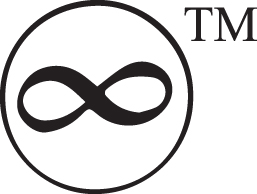 The paper used in this publication meets the minimum requirements of American National Standard for Information SciencesPermanence of Paper for Printed Library Materials, ANSI/NISO Z39.48-1992.
The paper used in this publication meets the minimum requirements of American National Standard for Information SciencesPermanence of Paper for Printed Library Materials, ANSI/NISO Z39.48-1992.
For My Treasured Ellen
On September 11, 2021, we marked 61 years of marriage
I owe everything to her, with
My sincerest and lasting love
For my family, Lauren and her late husband Bob, and Liz
And to my grandchildren, Bess and her partner Parker,
Ella and her husband Csar,
And Celia and Rita
I gave them wings, and now off they fly
Luv forever from Paka
Special thanks to my editor and technical advisor, Celia Child. And special thanks to Joseph Parry and Sara Noakes of Lexington Books for their support throughout this books preparation and ultimate publication.
China has an overall goal to become the leading country in the world, the wealthiest country in the world, and the most powerful country in the world. Thats not going to happen on my watch.
Joe Biden, President of the United States
The 1929 Great Depression was a contributing factor to dire economic conditions in Germany, which led in part to the rise of Adolf Hitler and the Nazi Party. Before the Depression, the Nazis were practically unknown. Hitler used the Wall Street Crash to his advantage. In Germany, unemployment increased from 1.5 million in 1929 to nearly 6 million by 1930 (26 percent of the workforce). Exports collapsed, primarily because the US had enforced trade barriers to protect domestic manufacturers. Companies shut down or downsized and banks failed. By the early 1930s, there was little demand for German products while capital and credit were almost impossible to obtain. And by 1932, German industrial production had fallen to just 58 percent of its 1928 levels. Hitler knew his opportunity had arrived.
Chinas President Xi Jinping also knew that his opportunity had arrived when he introduced the Belt and Road Initiative ( BRI ) to the world in 2013. It would rapidly expand to include 148 nations as of March 2022, extending Chinese economic influence by funding and building physical and digital infrastructures and guaranteeing a needed rise in employment opportunities. As the pandemic spread in 2020 and 2021, China was capturing the mantle of global leadership. The emerging world was seeking support. In the early 2000s, most poorer nations were prospering and investing in manufacturing, opening their economies to trade. The share of countries where economic output per head was growing faster than in the US rose from 34 percent in the 1980s to 82 percent in the 2000s. The BRI project, along with their (Made In China) MIC 2025 plan, became most attractive, and is significantly expanding Chinas economic and political influence. Once China grew wealthy, and confronted its huge poverty, an economic Cold War with the US appears inevitable. Once China increased its wealth, competition with the Western World was also inevitable. Short of a military crisis, China is fast closing in and gripping the globe.
, the Presidents goal, presented at his Summit for Democracy on December 1011, 2021, is to spend roughly USD$424 million for developing nations supportive of democratic principles). The Chinese response argued that the US did not have democracy in mind, but its own interests.
The President chose at this meeting to not only lead the Western World, but to redefine the contours of Washingtons rivalry with China. He had set the stage for an economic Cold War. In 2019, BRI was considered a minor power play. It then became obvious that Beijing was employing neocolonial debt trap diplomacy, where China uses unpayable debts to control less powerful nations, all in pursuit of Chinas quest for global hegemony. Words would not be sufficient and Washington knew this; a new US strategy was urgently needed.
Biden wants to curtail Chinas effort to dominate the Western economy, improve employment as the US and EU slowly recover from the COVID-19/Delta/Omicron variants, and its aftermath. Meanwhile, the EU is planning its own strategic agenda for cooperation with China as its BRI appears to be losing momentum.
And, as shown below, the evolution of a New US-European Marshall Plan, to close the last gap of a needy Europe with financial assistance, will be forthcoming, should it be requested.
After taking office, President Bidens first senior-level meeting with China rapidly deteriorated into finger-pointing between Chinese and American officials. Amid heightened US-Chinese tensions, US Secretary of State Antony Blinken and National Security Advisor Jake Sullivan engaged their counterparts in Anchorage, Alaska on Thursday, March 19, 2021. Chinese officials accused the US of inciting countries to attack China, while the US said that China has arrived intent on grandstanding.
Biden would now outline his own, more quiet stand-off with Chinese President Xi Jinping, in a two-hour marathon phone call. He told the Chinese leader that were not looking for confrontation, and that well insist that China play by international rules, fair competition, fair practices and fair trade.
Biden was now facing a new era of bitter superpower competition since China opened diplomatic relations with the United States. Beijings ambition to be a global leader of nations was supported by an increasingly confident and unapologetic China, one that not only refuted American criticism of international affairs but that presented its own values as a model for others.

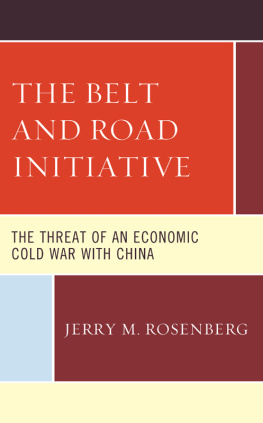


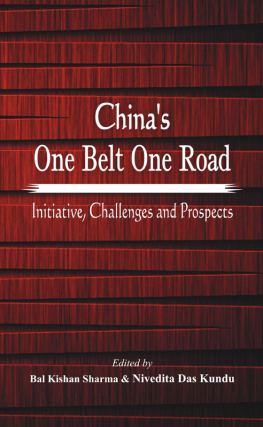
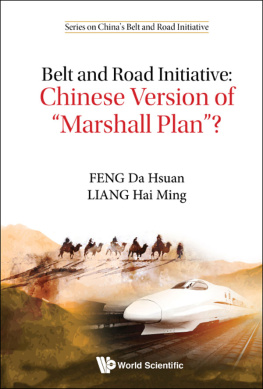
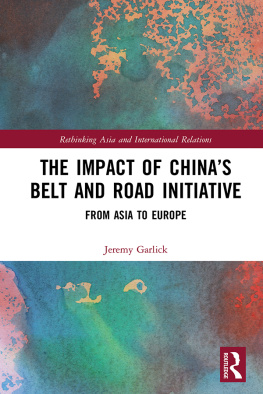
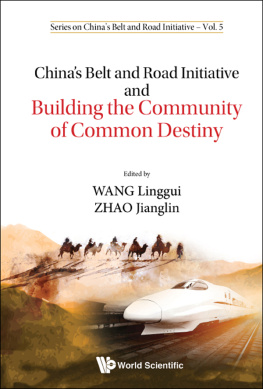
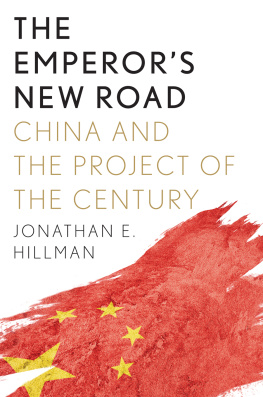
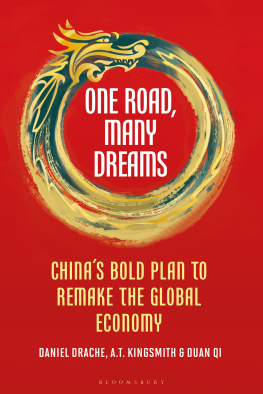

 The paper used in this publication meets the minimum requirements of American National Standard for Information SciencesPermanence of Paper for Printed Library Materials, ANSI/NISO Z39.48-1992.
The paper used in this publication meets the minimum requirements of American National Standard for Information SciencesPermanence of Paper for Printed Library Materials, ANSI/NISO Z39.48-1992.